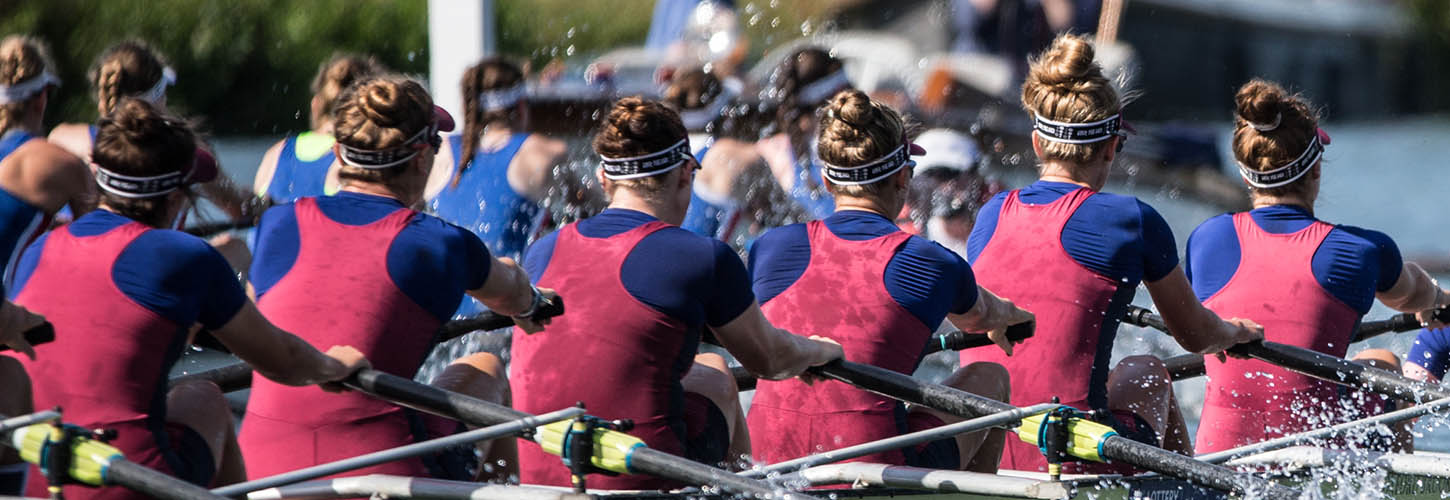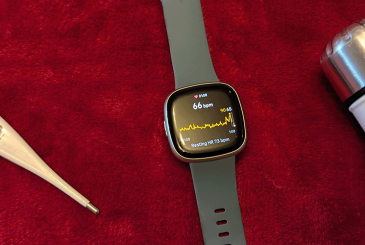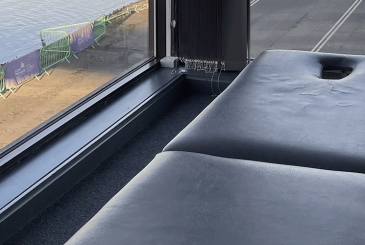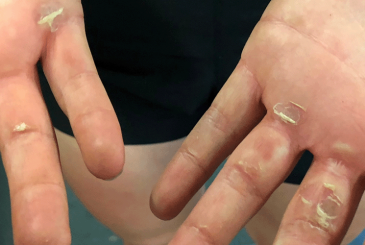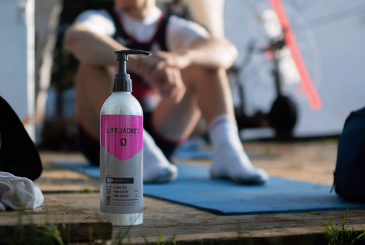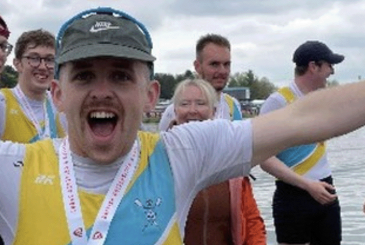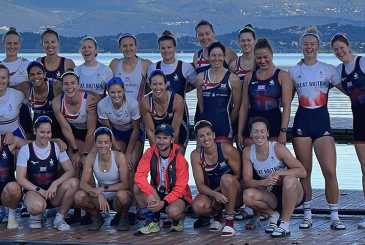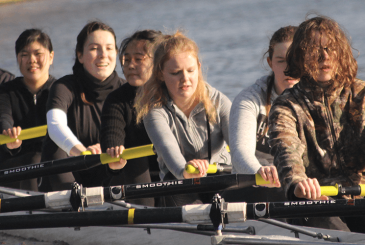Clubs can take simple steps to support women and girls when they are on their period. Lebby Eyres shares suggestions from junior, senior and masters rowers
Teenage girls are dropping out of sport due to embarrassment over their periods, according to a Women in Sport survey carried out in 2022.
The survey found around seven in 10 teenage girls avoid being active on their period, with 73% citing pain, 62% fear of leakage and 45% feeling self-conscious as reasons for missing training.
But the issue does not only affect junior rowers – any woman can be anxious or embarrassment when they are on their period, and find it harder to train due to physical symptoms.
“Stomach cramps and heavy flow can make long sessions in a boat difficult and affect technique”
So what are the practical solutions? I carried out a small survey at a community rowing club to find out how female rowers feel about training when on their period, and how clubs can establish a practical period policy.
How periods affect female training
Most junior girls who took part in the survey said they find it harder to train while menstruating. Tiredness was one factor, as well as cramping and fear of leakage. One said, “I don’t train on the first few days of my period – I can’t row as hard as I’m worried about leaking and cramps.” Another said, “It makes me uncomfortable and less willing to push myself.”
No one wants erg test day to coincide with the first day of their period. Among the seniors, one respondent said, “I notice erg scores drop significantly. My recovery takes longer and motivating myself is very hard.”
Another commented they, “Did not feel as physically strong and could not lift as heavy weights as normal”, while a third said, “Stomach cramps and heavy flow can make long sessions in a boat difficult and affect technique when you’re unable to rock over as easily or move as freely.”
On a more positive note, a couple of rowers felt they had more energy on the first day of their periods, while others said training was good for alleviating menstrual cramps. Most juniors and seniors track their cycle with an app – Flo, Clue or the Health app.
How coaches can help
No rower likes to miss a training session. So it’s important for coaches to be understanding when PMS forces someone to take time off – as 35 per cent of our respondents have had to do – and tactful enough not to unnecessarily invade people’s privacy. It can be a tricky line to tread.
Sarah Wyn-Jones, a coach from Lea RC said, “We try to breed an atmosphere in the club that is open and welcoming and the fact we’ve got female coaches helps that.
“We held a workshop for junior girls. Our advice was to track monthly cycles because these are performance indicators. We made it clear that we’re here if they want to talk but only if they need to, and we’d never ask someone directly [if they were on their period].”
70% of our survey respondents said they’d find it easier to discuss menstruation issues with a female coach, but if they’d had to miss a session, male coaches had been understanding. However, one senior woman said she’d been dropped into a lower boat at a club and was told, “The coach needs someone who is able to perform in every scenario”.
One senior woman added, “There should be training for all coaches and men’s squads on how periods affect women – and a zero-tolerance policy enforced by coaches on bullying or teasing about periods.”
Race day
Nothing is guaranteed to add stress to race day than your period starting. One athlete told us, “Emptying a menstrual cup in a portaloo is unpleasant as they don’t feel clean, the space is inadequate and there isn’t a good way to clean your hands.”
Many highlighted a lack of sanitary bins, unavailability of sanitary products and one senior woman said, “I got my period unexpectedly on race day. There were no supplies at the club and it was far away from a shop. I had to ask other competitors – embarrassing.”
“Provide tampons and pads in the changing room”
If your club is holding an event, consider providing emergency sanitary products, hygienic disposal bins and lots of hand sanitiser. Wyn-Jones adds, “We take a female athlete pack to training camps and races with sanitary towels, tampons, paracetamol and disposal bags.”
Best period practice at the club
As well as making it easier for women and girls to discuss menstruation, there are other clear ways clubs can improve best practice around periods. Our survey respondents said, “Provide tampons and pads in the changing room”; providing “bins in all toilets” – and “emptying them”.
With kit, a junior noted their club one piece “is very padded and dark at the bottom so it is not noticeable when I bleed through.” However, one senior rower said, “Not sure there should be a message to hide it and wear dark things.”
But overwhelmingly, the biggest difference clubs can make is being flexible with a training programme – and not having a four-week schedule. One senior said, “Our training plans mostly don’t reflect how ability to train at different levels changes during the month.”
Another added, “[Clubs should] provide information for women and men on how the different phases can affect a woman and their training and how to manage it, particularly in relation to diet, training intensity and volume.”
Finally, one junior girl simply said the best practical step any club can take is with their period policy is “simply being more open, understanding and kind.” Absolutely.


